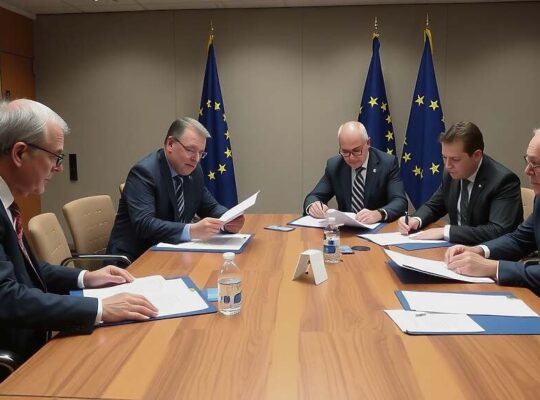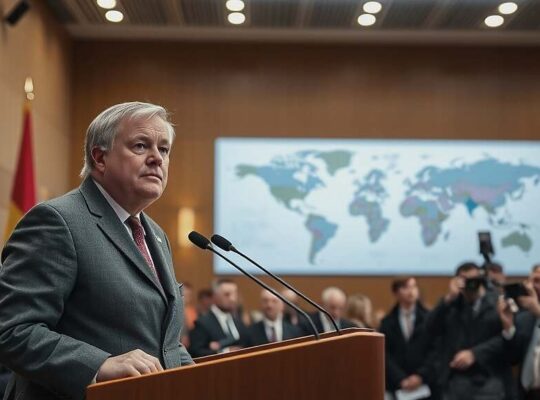A leading voice in German economic advisory has raised concerns about a potential breakdown of the intergenerational agreement, suggesting a need for increased contributions from wealthier retirees. Monika Schnitzer, chair of the Council of Economic Experts, expressed support for a proposal, similar to the “Boomer Solidary Tax” previously suggested by the German Institute for Economic Research (IDW).
Schnitzer’s remarks, delivered in an interview with “Focus Money” focused on the strain on Germany’s current pay-as-you-go pension system. The core issue, she explained, stems from the Baby Boomer generation’s historically lower birth rates, requiring fewer working-age individuals to support a growing retiree population. This demographic shift is pushing the system toward its limits, compelling earners to contribute increasingly higher rates to maintain its viability.
The economist emphasized that the “Boomer Solidary Tax” alone is insufficient to address the challenge. The Council of Economic Experts has previously advocated for a multi-faceted approach, including extending working lives, increasing individual savings for retirement and moderating the rate of pension increases. Pensioners would not face cuts, but future increases would be more restrained than current projections.
Schnitzer highlighted that the proposed adjustments could leave lower-income retirees with inadequate pension income. To mitigate this, she suggested a redistribution mechanism, questioning why wealthier members of the Baby Boomer generation shouldn’t contribute to rectifying imbalances. She pointed out that this generation bears partial responsibility for the present situation, having not produced enough offspring to secure their own future pensions.












